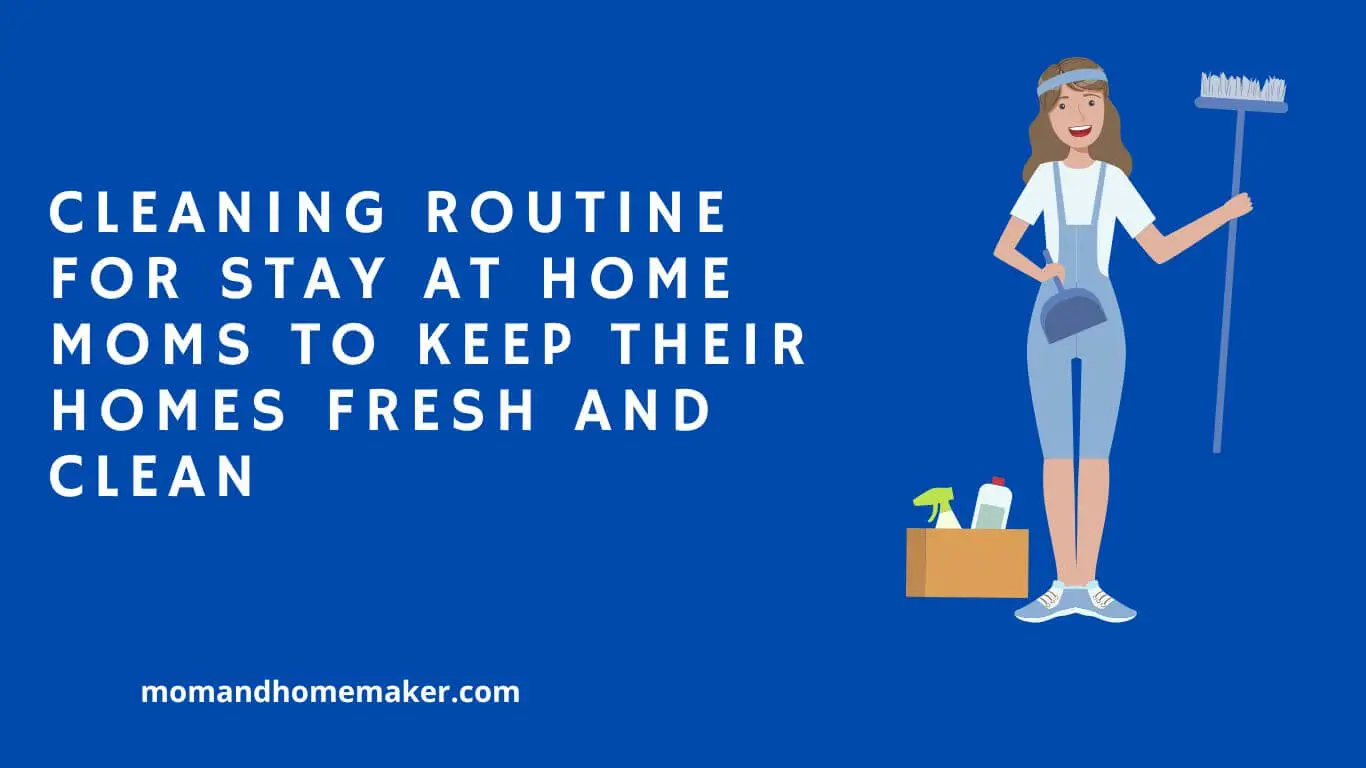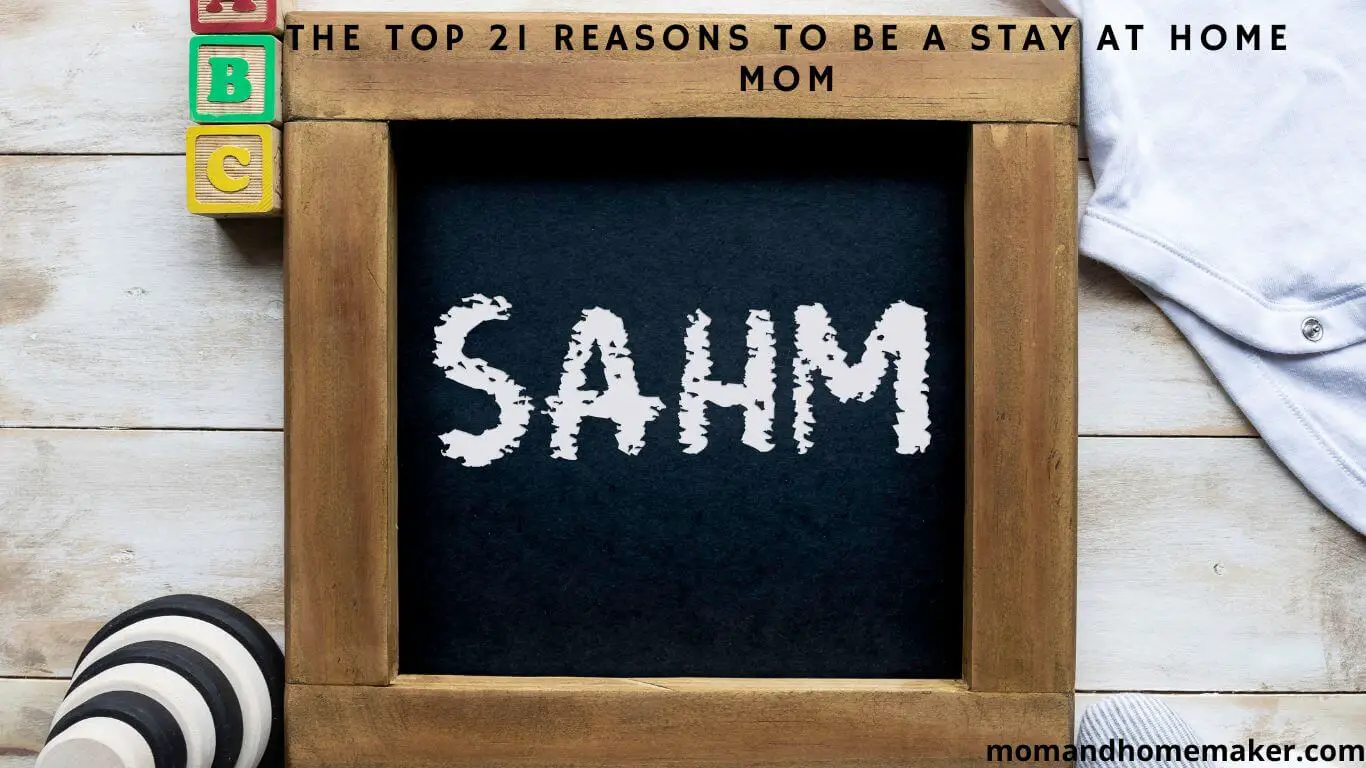Deciding between being a stay-at-home mom and a working mom involves considering various factors like financial stability, personal fulfillment, and child-rearing philosophies. Both options have their challenges and rewards, making the choice complex.
It’s important to think about what fits best for you and your family before making a decision.
Pros of Being a Stay-at-Home Mom
Being a stay-at-home mom allows you to be there for your children every day, building strong connections and offering constant care. This role lets you prioritize your family’s needs and find personal satisfaction in guiding your children’s development.
While managing finances may be a challenge, the joy of witnessing each milestone and actively participating in your child’s life is invaluable.
Furthermore, being a stay-at-home mom gives you the flexibility to organize your time efficiently. You can establish routines that suit your family, balancing household duties with quality time with your children. This adaptability enables you to structure your day around your family’s specific requirements, fostering a harmonious and supportive atmosphere.
In terms of professional growth, being a stay-at-home mom offers a different type of skill development. Even though you may not be advancing in a traditional career path, you’re refining essential skills like multitasking, problem-solving, and time management.
These skills are transferable and highly valued across various work environments, showcasing your adaptability and resilience.
Cons of Being a Stay-at-Home Mom
Staying at home with your children has its benefits, but it also has challenges. One significant downside is the social isolation many stay-at-home moms face.
Being around kids all the time with limited adult interaction can lead to feelings of loneliness and disconnection from the outside world. This isolation can impact your mental health, potentially causing anxiety or depression.
Another disadvantage of being a stay-at-home mom is the financial dependence it can create. Relying solely on your partner’s income may make you feel like you lack financial independence. This dependency can strain relationships and make you feel like you have less control over your own life.
Moreover, staying at home with your children may result in career stagnation. Taking a break from work can make it hard to re-enter the job market later on. Your skills might become outdated, and you may struggle to resume your career progression.
Benefits of Being a Working Mom
Being a working mom comes with its own set of challenges, but it also offers numerous advantages that can contribute to your personal growth and independence.
When you choose to pursue a career, you open yourself up to continuous learning and skill development, which can lead to opportunities for career advancement. This not only allows you to expand your knowledge but also boosts your self-esteem and confidence as you reach new professional milestones.
Financial independence is another significant benefit of being a working mom. Earning your own income can give you a sense of empowerment and security, ensuring that you have the means to support yourself and your family financially.
This financial stability can help alleviate stress and worry, allowing you to focus on both your career and your family without the constant burden of financial concerns.
Moreover, being a working mom can help you maintain a sense of individuality and fulfillment outside of your role as a parent. It gives you the freedom to pursue your passions, interests, and goals, contributing to a more well-rounded and satisfying life.
Embracing the opportunities that come with being a working mom can lead to personal growth, independence, and a sense of accomplishment that positively impacts both you and your family.
Challenges Faced by Working Moms
Facing the demands of a career while managing family responsibilities can pose many challenges for working mothers. It’s crucial to recognize these obstacles and find effective ways to address them in order to maintain a healthy work-life balance.
Challenges Working Moms Encounter:
- Balancing Work and Family: Striking a balance between work and family commitments can be a constant juggle. Managing deadlines, meetings, and household tasks while ensuring quality time with family members requires careful planning and organization.
- Career Growth: Balancing professional advancement with family duties can be tough. Some working moms may find it challenging to allocate extra time to networking, skill development, or taking on more tasks due to their family responsibilities.
- Societal Pressure: Working mothers often face societal expectations to excel both in their careers and as parents. This pressure can result in feelings of guilt or inadequacy when trying to meet high standards in both areas.
Impact on Child Development
Balancing work and family responsibilities as a working mom can have a significant impact on your child’s development. Your decision to work influences various aspects of your child’s growth, such as cognitive development, emotional well-being, social skills, and the parental guidance they receive.
Here’s how being a working mom can shape your child:
- Parental Influence: Your child learns the value of hard work and dedication by watching you manage work and family duties. Your actions can motivate them to pursue their aspirations.
- Social Skills: Despite having less time for social activities, your child can still develop strong social skills by interacting with peers at daycare, school, or extracurricular activities. This helps them adapt to different social situations.
- Cognitive Development: Your child’s cognitive abilities are nurtured as they learn to problem-solve independently, manage their time efficiently, and adapt to changes in routines when you’re working.
- Emotional Well-being: Your child’s emotional resilience grows as they learn to handle their emotions, cope with your absence, and build a secure bond of trust with you.
- Overall Development: Your child benefits from a diverse range of experiences, gaining a well-rounded perspective on life that can positively influence their future endeavors.
Finding the Right Balance
Balancing your work responsibilities with your family commitments is essential for your well-being and your child’s development. It can be tough to achieve a healthy work-life balance, but with good time management and support systems, you can find the right equilibrium.
To help you navigate this delicate balance, here are three key strategies:
- Prioritize Tasks: Focus on urgent and important tasks to divide your time effectively between work and family. Set boundaries to keep work from taking over your personal time, allowing you to be fully present with your child when necessary.
- Manage Your Time: Create a schedule that includes dedicated time for both work and family activities. Use tools like calendars or to-do lists to stay organized and meet your work and family needs efficiently.
- Self-Care and Support: Don’t forget to prioritize self-care to maintain your physical and mental well-being. Seek help from friends, family, or support groups to share responsibilities and get emotional support when balancing work and family becomes overwhelming.
Conclusion
Ultimately, whether you opt to stay at home with your kids or work outside the home, the most important thing is to choose what’s best for you and your family.
Take Farah, for example, she’s a working mom who effortlessly balances her career and motherhood, teaching her kids the value of hard work and commitment.
Remember, there’s no one right answer for everyone, so trust your instincts and do what feels right for your unique situation.






